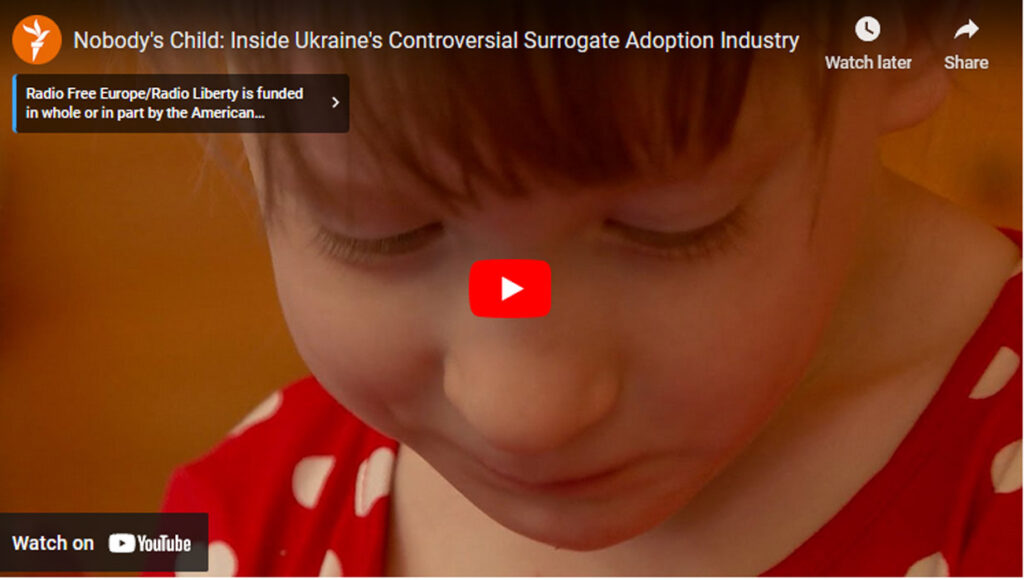Surrogacy has been a controversial practice for years now with many seeing it as a driving means of exploitation of women and children while others advocate for it as a boon for childless couples. One country is now set to crack down on those seeking parenthood via surrogacy even if it means going beyond its geographical boundaries.
Italy banned surrogacy nearly two decades ago and allowed the use of in vitro fertilization (IVF) only for straight (heterosexual) couples. Early this year, the Italian parliament passed a legislation that bans Italian citizens from going aboard and getting surrogacy. By the new law, Italians who seek surrogacy abroad can face a fine of up to $1 million euros (over a million US dollars) and up to two years of imprisonment.
In the political realm, liberals generally support surrogacy while many conservatives frown upon it due to ethical concerns. Left-aligned media has criticized conservative Italian premier Minister Giorgia Meloni’s government for going after couples, whether straight or gay, who seek surrogacy abroad. Leftist politicians are onboard such criticism. In July this year, after the Italian parliament passed the anti-surrogacy legislation, The Guardian cited Italy’s liberal politician Riccardo Magi slamming Meloni’s government for making laws that are “at odds with other sovereign countries.”
Italy encourages adoption of children, an option not available to gay (LGBTQ) couples, instead of surrogacy. Thus the LGBTQ community and their supporters are more outraged for being denied the right to raise children, now even if they went abroad for surrogacy. Conservatives on the other hand see gay couples getting children via surrogacy as child abuse and some even call it human trafficking.
One of the main objections to surrogacy is using women’s bodies as birthing machines for rent. The issue raised questions and objections when Ukraine’s surrogacy business was highlighted in media as heartless and abusive to women and children. Media stories highlighted cases where the biological parents in US or the west paying young Ukrainian women to carry and give birth to their babies refused to take the infants that were born with some disability. Babies thus abandoned became nobody’s children, ending up in orphanages.
Critics of such commercial surrogacy urged that the birthing business be banned or properly regulated to prevent child abuse.
Earlier this year, another international criminal operation involving the business of surrogacy was unveiled in Thailand where a group of Chinese, Burmese, and Thai locals ran an illegal surrogacy business in a building. As detailed in The Epoch Times, running the surrogacy business and using Thai women to raise babies enabled the foreign nationals to enter the country and bypass local restrictions on foreign asset ownership, essentially making these children anchor babies for Chinese to obtain permanent Thai residency. As of now, only six countries in the world allow international surrogacy and United States is one of them. The others include: Georgia, Ukraine, Colombia, Mexico, and Argentine. Starting next year, however, Georgia is set to ban its commercial surrogate industry

